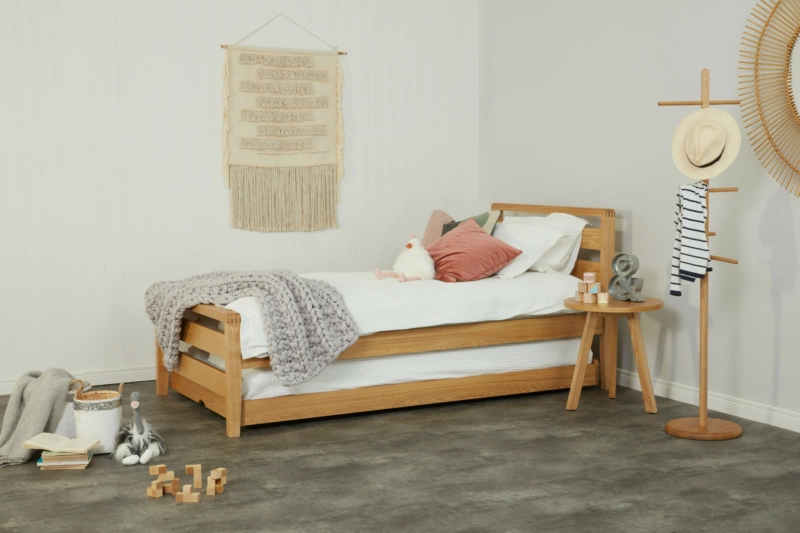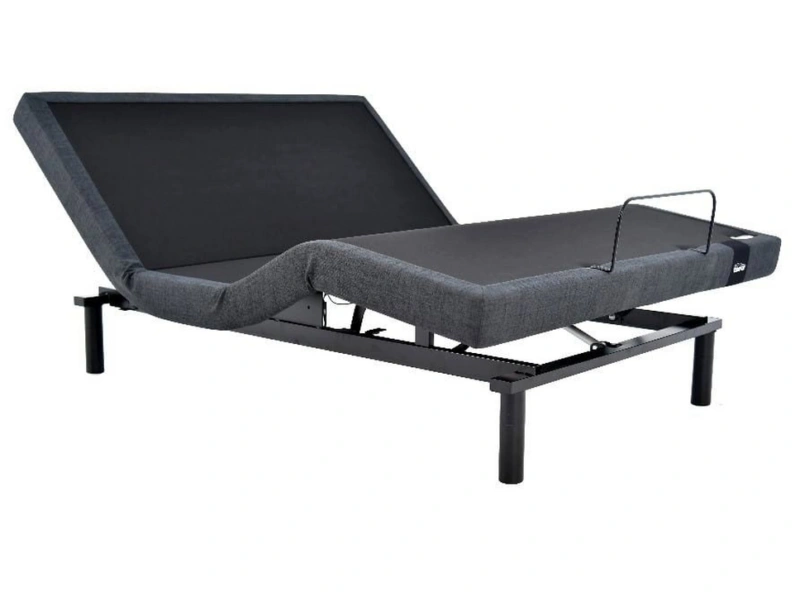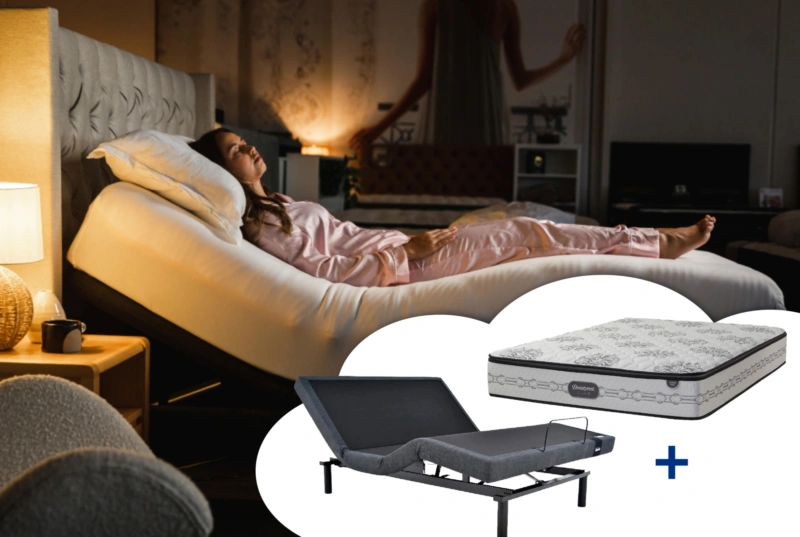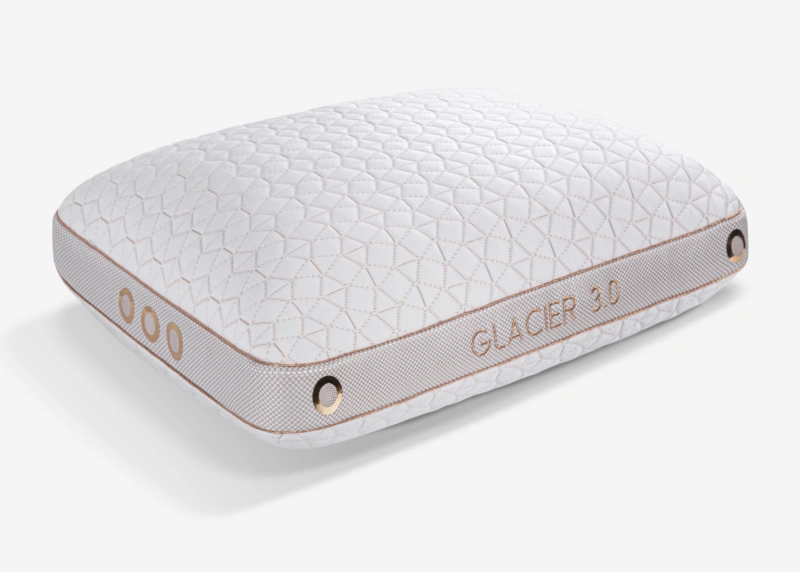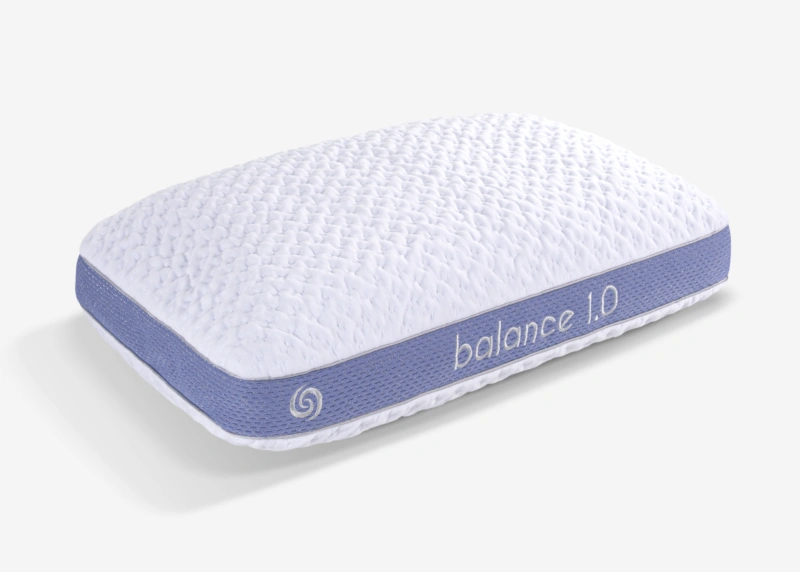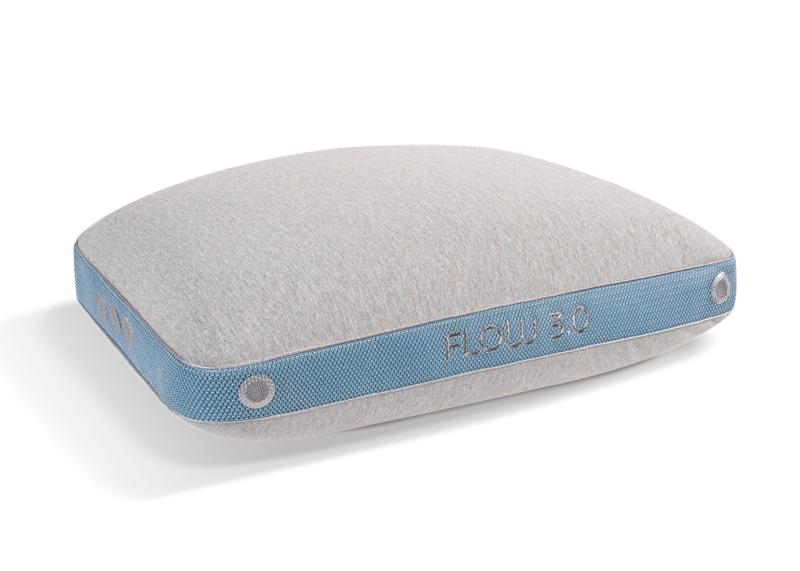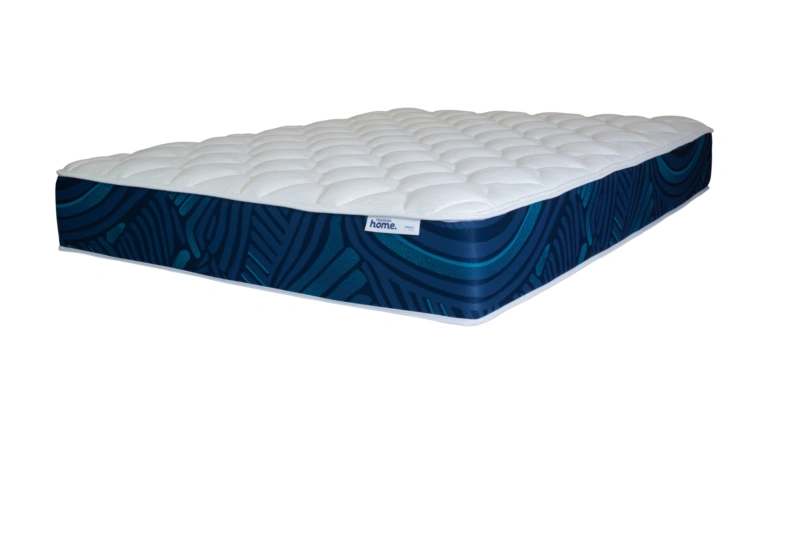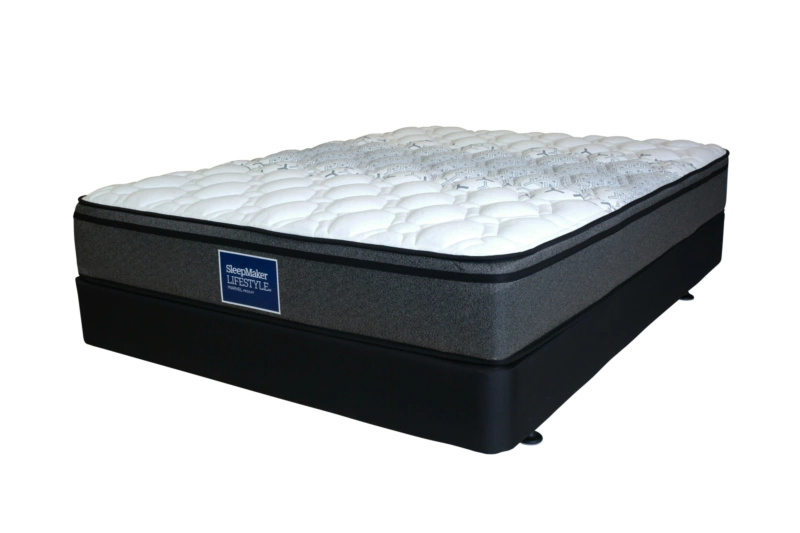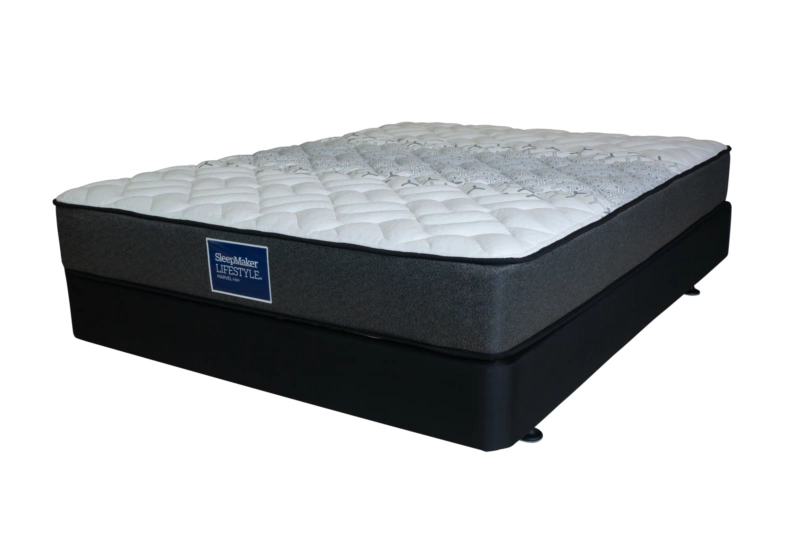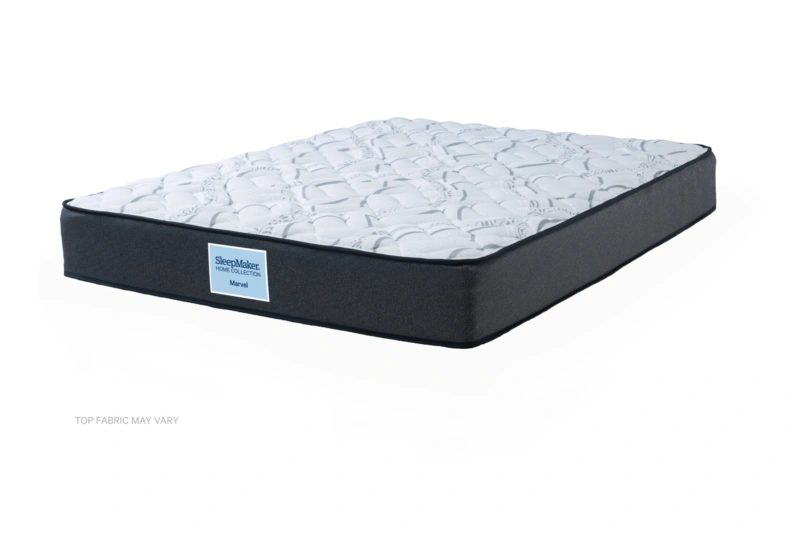
Reports out of the UK this month have revealed the shocking statistic that our children are now so hooked into their social media that more than 20% of them “almost always” wake up during the night to log on and check in.
In a survey of 848 pupils aged between 12 and 15, researchers at the Wales Institute of Social and Economic Research found, more than one in five of the students were waking to post message or check their social media accounts.
Most tellingly, the same researchers also found that more than half of those social media night-owls reported going to school feeling tired “almost always”.
We at Bedpost know there’s only so much we can do to provide children with the best chance of a good night’s sleep – of course, it goes without saying that we can match them up with the best beds and mattresses for their specific needs – but our “sleep experts” also like to keep up to date with the latest research into sleep and kids.
So when we read that kids are getting less sleep – and broken, social media-infused sleep at that – we thought we’d list some of this year’s findings which show how important a good night’s rest is to build healthy young minds and bodies.
- Brains use their night-time rest to clean themselves and rinse out any waste.
- Growth hormones are release mainly during the latter “deep sleep” stages of sleep leading to the body’s best chance of muscle and tissue development.
- A study in Taiwan of 2500 children aged between 6 and 15 showed symptoms of sleep deprivation such as hyperactivity, aggression and impulsiveness mimicked those of ADHD and led to misdiagnoses.
- Vital processes in the body which deal with how children metabolise sugar go off the rails when the body doesn’t get enough sleep and can contribute to obesity.
- Sleep deprivation can mean children don’t respond as well as they should to vaccines.
- A Southern California study of 2500 teens revealed a 4% to 6% rise in the likeliness of alcohol and marijuana use for every 10 minutes they were late to bed.
- A Univeristy of Pittsburgh study found sleep-deprived adolescents didn’t spot potential threats and valued rewards far greater than risks.
Research in the past year has also pointed towards some ways to help children sleep better:
- Using software and apps which change electronic screens from blue to yellow light before bedtime.
- If a child must snack before bedtime, choose high protein over sugar.
- Meditation and mindfulness – which is being used in more and more New Zealand schools – can help reduce insomnia, depression and fatigue by improving the quality of sleep.








